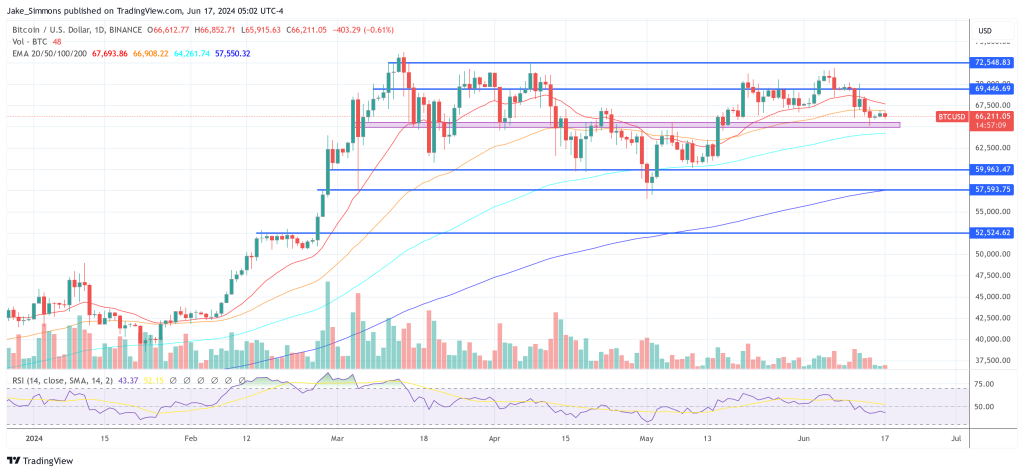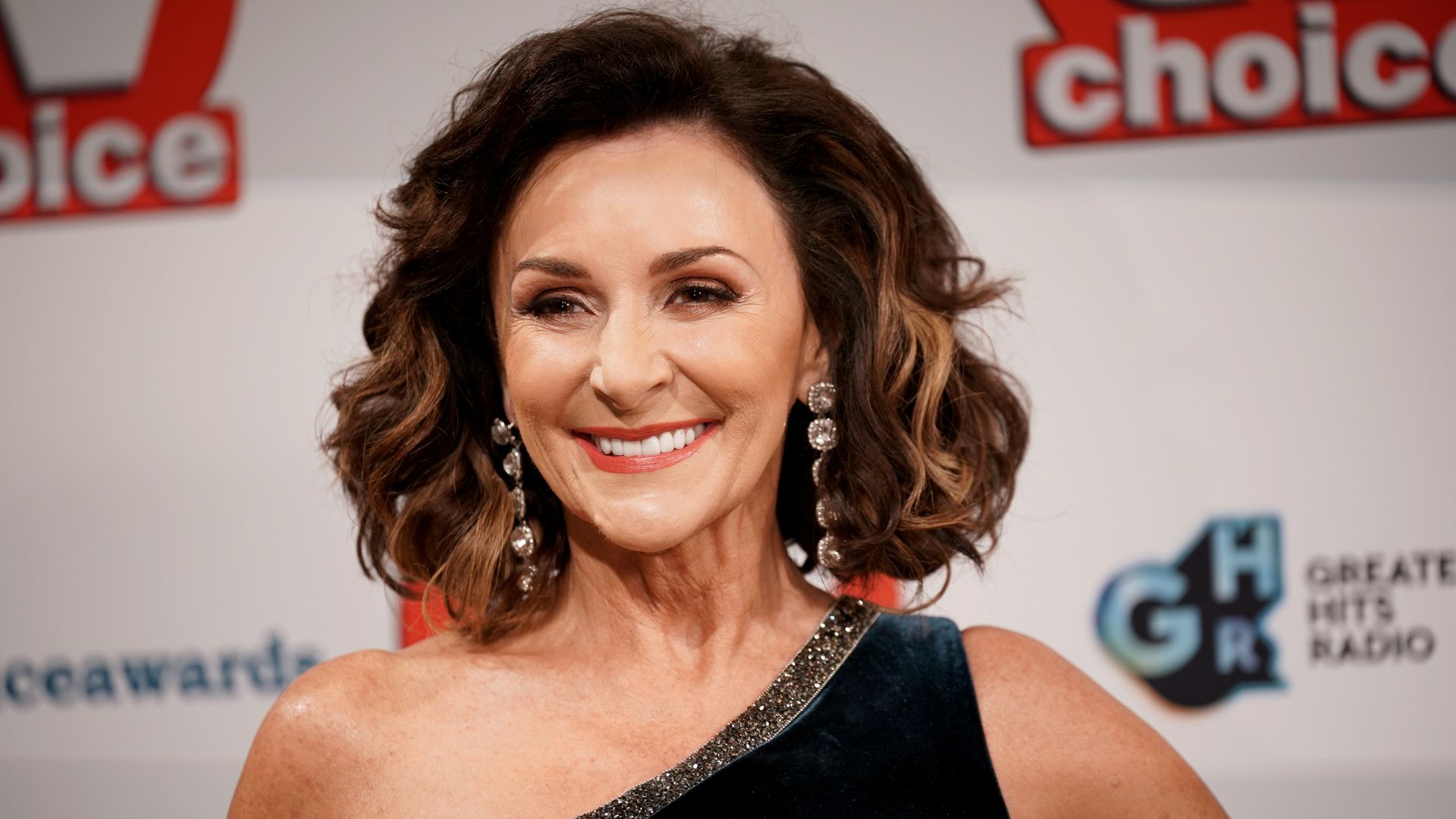In a space on X that included influential voices from the industry—Bitcoin Magazine CEO David Bailey, alongside analysts Dylan LeClair and Matthew Pines—claims were made that are stirring intense discussions within financial and crypto circles. Bailey, who is serving as one of Trump’s closed Bitcoin advisors, boldly asserted that multiple central banks globally are actively acquiring Bitcoin.
Central Banks Are Buying Bitcoin
“David Bailey just claimed — without any evidence in Dylan LeClair ‘s space with Matthew Pines that central banks are buying Bitcoin,” stated Joe Carlasare, a partner at Amundsen Davis LLC. In a follow-up post on X, Bailey specifically pointed to lesser-known global players like Bhutan and Venezuela, as well as Iran, as early adopters in the central banking space.
After being queried by Fred Krueger about which countries besides El Salvador, he revealed: “Iran, Bhutan, Venezuela, nobody super impressive. The large government buyers are the sovereign wealth funds.” He predicted that larger and more influential central banks would soon follow suit in acquiring BTC. “I do think you’re going to see large central banks start taking positions soon.”
Mike Alfred, a former tech CEO and founder of a value investment fund, corroborated Bailey’s claim, citing his direct communications with representatives from Bhutan, Burkina Faso, and French Guyana. Alfred shared, “They are. Bhutan confirmed this to me on Tuesday. I have a call with Burkina Faso and French Guyana on Monday. It’s happening, homie.”
Commenting specifically on Bhutan, Bailey stated “Bhutan situation is pretty wild,” and shared an article by the Observer Research Foundation. Bhutan is knowingly actively involved in Bitcoin mining. The country’s sovereign investment arm, Druk Holding & Investments (DHI), in collaboration with the Nasdaq-listed Bitdeer Technologies Group, is significantly expanding its Bitcoin mining operations as of the latest update.
This strategic initiative aims to increase Bhutan’s mining capacity to 600 megawatts by the first half of 2025, up from the current 100 megawatts. This expansion is part of a $500 million fund established to support these activities and is driven by the need to diversify Bhutan’s economy, which heavily relies on hydropower.
Bailey also referenced a report from the Iranian Students’ News Agency dated October 2020, which detailed Iran’s regulatory strategy regarding Bitcoin. The report outlined how the Iranian government had set regulations to direct Bitcoin mined within the country into state coffers. This maneuver is part of a broader plan to use these assets to fund imports, showcasing a novel way to circumvent economic sanctions and stabilize national economic needs.
Will Trump HODL Bitcoin?
Bailey’s discussion also ventured into the theoretical impacts of US adoption of Bitcoin at a governmental level. He floated a scenario where former President Donald Trump might secure a substantial BTC reserve for the US Treasury, employing a timelock mechanism to protect these assets for future generations.
This, Bailey argues, could offer a hedge against traditional financial system instabilities and potentially elevate Bitcoin to a reserve status. “At a bare minimum, Trump should take the 210,000 Bitcoin already held by USA and timelock those coins for 100 years. No future admin would be able to undo decision once time locked.”
The backstory could be one for Hollywood. “Think of the origin story. These coins would be from the Silk Road. Ross Ulbricht hands America 1% of the Bitcoin supply. Trump locks it for future generations and pardons Ross [Ulbricht]. Silk Road saves America. Couldn’t make this plot up,” Bailey stated and revealed that Trump is “aware” of the possibility which could completely change the world order.
At press time, BTC traded at $66,211.




